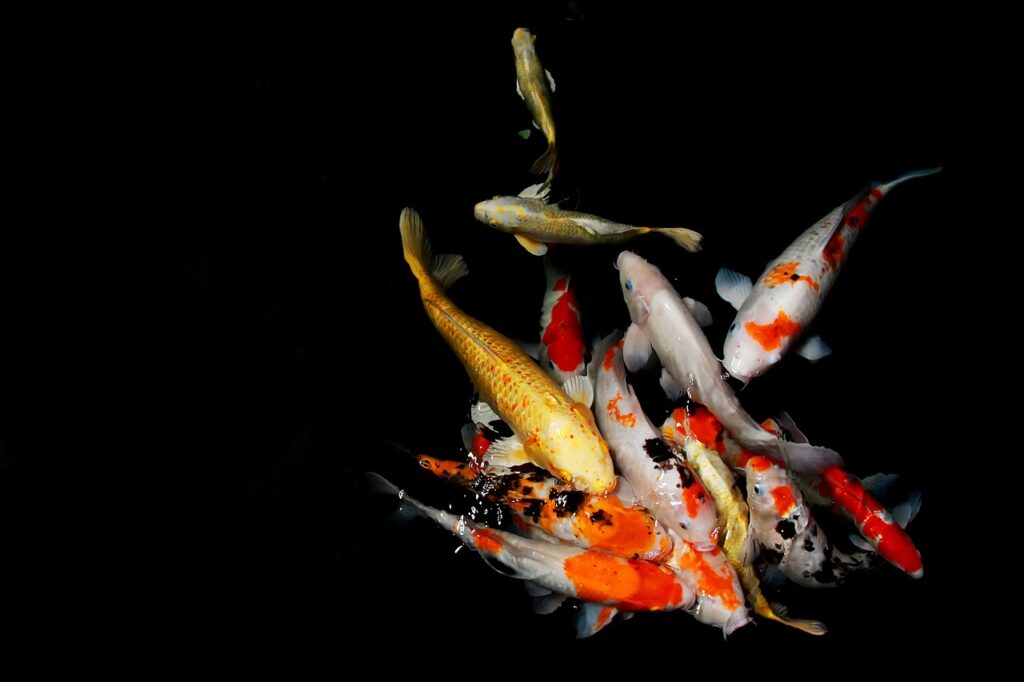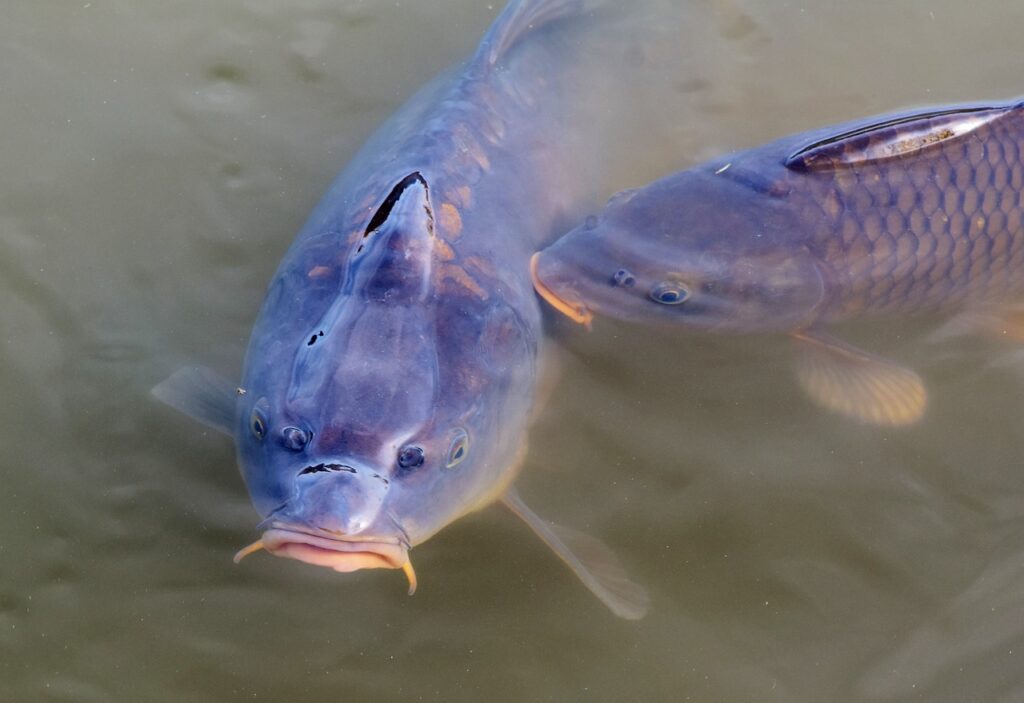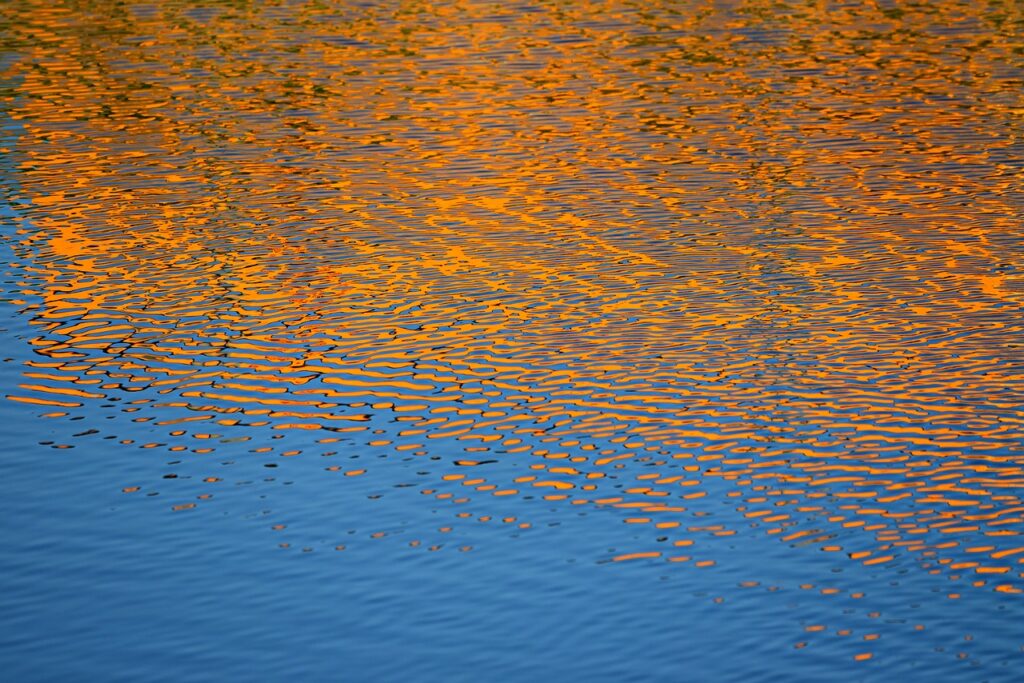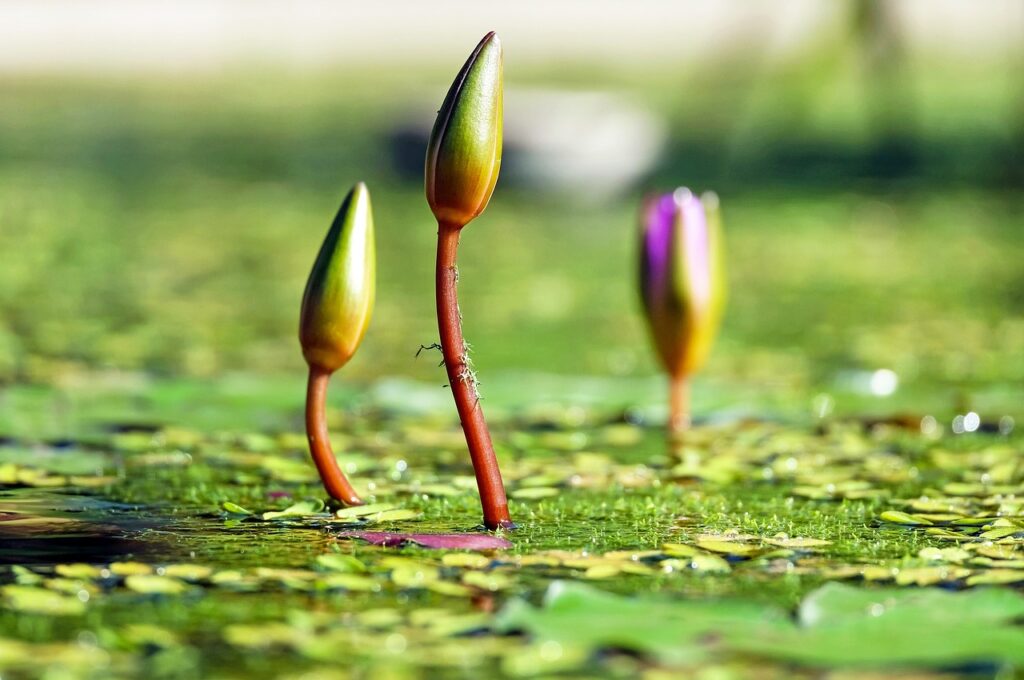We are going to explore the best filters for maintaining a healthy and vibrant fish pond. We all want our fish to thrive, so asking a good question like what type of filters are best for a fish pond will help us achieve our goals, and choosing the right filter is crucial in reaching that.
From biological to mechanical filters, we’ll discuss the different types and their benefits, ensuring that you make an informed decision for your fish pond filtration needs. So, if you’re ready to learn how to keep your fish pond clean and your fish happy, let’s dive into the world of fish pond filters!

Mechanical Filters
Types of Mechanical Filters
There are various types of mechanical filters available for fish ponds, each with their own unique features and benefits. Some common types include foam filters, mat filters, and sand filters. Foam filters are designed to trap larger debris, such as leaves and sticks, while allowing water to pass through.
Mat filters, on the other hand, are made of a dense material that helps to filter out smaller particles like dirt and fish waste. Sand filters are known for their high filtration efficiency and are particularly effective in removing fine particles from the water.
How Mechanical Filters Work
Mechanical filters work by physically trapping and removing debris and particles from the water. As water passes through the filter, the filter media, such as foam or mats, captures the debris and prevents it from circulating back into the pond.
The water then flows out of the filter, leaving behind cleaner and clearer water. Mechanical filters are essentially the first line of defense against visible particles and larger debris in the pond, ensuring the water remains clean and healthy for the fish.
Biological Filters
Types of Biological Filters
Biological filters, also known as biofilters, are essential for maintaining a healthy fish pond. These filters use natural processes to break down harmful substances and convert them into less toxic forms. Some common types of biological filters include trickle filters, bead filters, and submerged bed filters.
Trickle filters utilize a bed of media to provide a large surface area for beneficial bacteria to grow, which helps in the breakdown of harmful ammonia and nitrites. Bead filters, on the other hand, consist of small plastic beads that provide a home for bacteria, while submerged bed filters are submerged in the water and promote the growth of beneficial bacteria on their surface.
How Biological Filters Work
Biological filters work by creating an environment where beneficial bacteria can thrive. These bacteria play a crucial role in breaking down fish waste, excess food, and other organic matter that may be present in the pond. As water passes through the biological filter, the bacteria convert harmful compounds, such as ammonia and nitrites, into less toxic nitrates.
Nitrates, in moderate amounts, are relatively harmless to fish and can even be beneficial for plants in the pond. By incorporating a biological filter into the pond’s filtration system, the water quality is significantly improved, promoting a healthier environment for the fish.
Combined Filters
Types of Combined Filters
combined filters, as the name suggests, combine both mechanical and biological filtration in one unit. These filters offer the advantages of both types, providing comprehensive filtration for fish ponds. Some common types of combined filters include pressurized filters, vortex filters, and multi-chamber filters.
Pressurized filters are compact and can handle high flow rates, making them suitable for larger ponds. Vortex filters use the principle of centrifugal force to remove larger debris, while multi-chamber filters provide customizable options to accommodate different filter media and stages of filtration.
Advantages of Combined Filters
The primary advantage of combined filters is their ability to provide both mechanical and biological filtration in one unit. This means that they remove both visible debris and harmful compounds from the water, ensuring optimal water quality for fish.
By combining these two filtration methods, combined filters eliminate the need for separate filter units, saving space and simplifying maintenance. Additionally, the presence of beneficial bacteria in the biological filtration stage helps to establish a more stable and balanced ecosystem in the pond, further promoting the health of the fish.
Flow Rate
Determining the Flow Rate
The flow rate of a pond filter is an important consideration when choosing the right filter for a fish pond. It refers to the amount of water that can be processed by the filter within a given time frame, usually measured in gallons per hour (GPH) or liters per hour (LPH).
Determining the flow rate for a filter involves considering the pond size, the number of fish, and the desired level of filtration. As a general guideline, experts recommend choosing a filter that can process the entire volume of the pond at least once every two hours, ensuring efficient turnover and filtration.
Factors to Consider for Flow Rate
Several factors should be taken into account when determining the appropriate flow rate for a pond filter. The size of the pond plays a significant role, as larger ponds require filters with higher flow rates to maintain optimal water quality.
The number and size of fish in the pond also affect the flow rate, as more fish produce greater amounts of waste, requiring a filter that can handle the increased workload. Additionally, the desired level of filtration should be considered, as some pond owners may opt for a higher flow rate to achieve a more thorough filtration process.

Filter Media
Types of Filter Media
Filter media refers to the material used inside the filter to trap and remove particles from the water. There are several types of filter media available, each with its own unique filtration properties. Some common types include biological media, such as bio-balls and ceramic rings, which provide a large surface area for beneficial bacteria to grow.
Mechanical media, such as filter pads and sponges, are designed to physically trap debris and particles. Chemical media, like activated carbon or zeolite, can be used to remove dissolved impurities, odors, and toxins from the water.
Choosing the Right Filter Media
Choosing the right filter media for a fish pond depends on the specific needs and goals of the pond owner. Biological media are essential for establishing a healthy ecosystem and maintaining water quality, making them a crucial component of any filter.
Mechanical media, on the other hand, are important for removing visible debris and particles, ensuring clean and clear water. The use of chemical media is often optional, depending on the specific water conditions and any specific issues that need to be addressed. Pond owners should consider their filtration goals and consult with experts to determine the most suitable filter media for their fish pond.
Pond Size
Matching Filter Size to Pond Size
Matching the size of the filter to the size of the pond is essential for effective filtration. A filter that is too small for the pond may not be able to handle the volume of water and the waste load, leading to poor water quality.
Conversely, a filter that is too large for the pond may go through an inefficient filtration process and unnecessarily consume more energy. Pond owners should carefully consider the size of their pond and choose a filter that is appropriately rated for their specific pond volume.
Understanding Filter Size Recommendations
Filter manufacturers often provide recommendations and guidelines for matching filter size to pond size. These recommendations are based on a combination of factors, including the volume of water in the pond, the number and size of fish, and the desired level of filtration.
Pond owners should pay attention to these recommendations and use them as a starting point when selecting a filter. However, individual pond conditions and personal preferences may vary, so it is important for pond owners to evaluate their specific needs and consult with experts if needed.

Maintenance Requirements
Cleaning and Replacement Frequency
Proper maintenance is crucial for ensuring the longevity and effectiveness of pond filters. Cleaning and replacement frequency is determined by the type of filter and the specific needs of the pond. Mechanical filters, such as foam or mat filters, may require regular cleaning to prevent clogging and ensure optimal filtration.
Biological filters, on the other hand, generally require less frequent cleaning to avoid disrupting the beneficial bacteria colonies. Replacement of filter media, such as foam or filter pads, should be done when they become worn out or excessively dirty.
Ease of Maintenance
When choosing a pond filter, it is important to consider the ease of maintenance. Some filters may require more frequent and intensive cleaning, while others may have features that make maintenance tasks easier and more efficient. For example, filters with removable trays or baskets allow for easier access to the filter media, simplifying the cleaning process.
Additionally, filters that incorporate backwashing or self-cleaning mechanisms can significantly reduce the time and effort required for maintenance. Pond owners should weigh the maintenance requirements and choose a filter that fits their capabilities and preferences.
Budget
Considering the Cost
Budget is an important factor to consider when choosing a fish pond filter. The cost of filters can vary significantly depending on the type, size, and brand. It is essential to consider the initial cost of the filter as well as any additional expenses, such as replacement filter media or parts. Investing in a high-quality filter that is suited to the specific needs of the pond is generally recommended, as it can provide better long-term performance and durability.
Long-term Savings
While there may be an upfront cost associated with purchasing a quality filter, it is important to consider the long-term savings that can be achieved. A properly functioning filter helps maintain water quality, reducing the risk of fish illness and mortality.
This can save pond owners from the potential costs of treating sick fish or having to restock the pond. Additionally, a well-maintained filter increases the efficiency of the pond ecosystem, promoting healthy growth of plants and minimizing the need for chemical treatments. By investing in a quality filter, pond owners can enjoy long-term savings and a thriving fish pond.

Climate Considerations
Cold Climate Considerations
For fish ponds located in colder climates, special considerations need to be taken into account when choosing a filter. In colder temperatures, the metabolic rate of fish decreases, resulting in reduced waste production. This means that the filter may not need to process a substantial waste load during the winter months.
In such cases, a smaller filter or temporarily switching to a different filter configuration may be appropriate. Additionally, provisions must be made to prevent the filter from freezing, as this can cause damage to the equipment.
Warm Climate Considerations
In warmer climates, fish ponds may experience higher water temperatures, which can increase the rate of bacterial growth and waste production. This means that the filter needs to be able to handle a larger waste load and maintain efficient filtration.
Filters with larger surface areas for beneficial bacteria growth, such as trickle filters or bead filters, are commonly recommended for warm climates. Adequate aeration and oxygenation should also be considered, as warm water holds less dissolved oxygen, which can affect the health of fish.

Expert Recommendations
Consulting with Aquatic Experts
When it comes to choosing the best filter for a fish pond, consulting with aquatic experts can provide invaluable insight. Aquatic experts have extensive knowledge and experience in pond filtration systems and can offer tailored recommendations based on the specific needs of the pond.
They can assess the pond size, fish population, and water quality parameters to determine the most suitable filter configuration. Additionally, they can provide valuable advice on maintenance practices, choosing the right filter media, and optimizing the overall pond ecosystem.
Seeking Advice from Pond Owners
Another valuable source of information when choosing a fish pond filter is other pond owners. Experienced pond owners can offer firsthand insights into the performance and suitability of different filters, as well as provide practical tips for maintenance and troubleshooting.
Joining online forums or local pond owner associations can be an excellent way to connect with other pond owners, share experiences, and gather recommendations. By tapping into the collective wisdom of fellow pond owners, one can gain valuable perspectives and make more informed decisions regarding filter selection.
What Type Of Filters Are Best For A Fish Pond?
In conclusion, choosing the best filter for a fish pond involves considering various factors such as the type of filter (mechanical, biological, or combined), flow rate, filter media, pond size, maintenance requirements, budget, climate considerations, and expert recommendations.
By understanding the different types of filters available, how they work, and their advantages, pond owners can make informed decisions that promote optimal water quality and the health of their fish.
Consulting with aquatic experts and seeking advice from experienced pond owners can further enhance the decision-making process. Also, reading articles about the subject will enhance your overall knowledge, such as ‘How Do You Build A Fish Pond Step By Step‘.
With careful consideration and proper maintenance, a well-chosen pond filter can contribute to a thriving and enjoyable fish pond environment.
